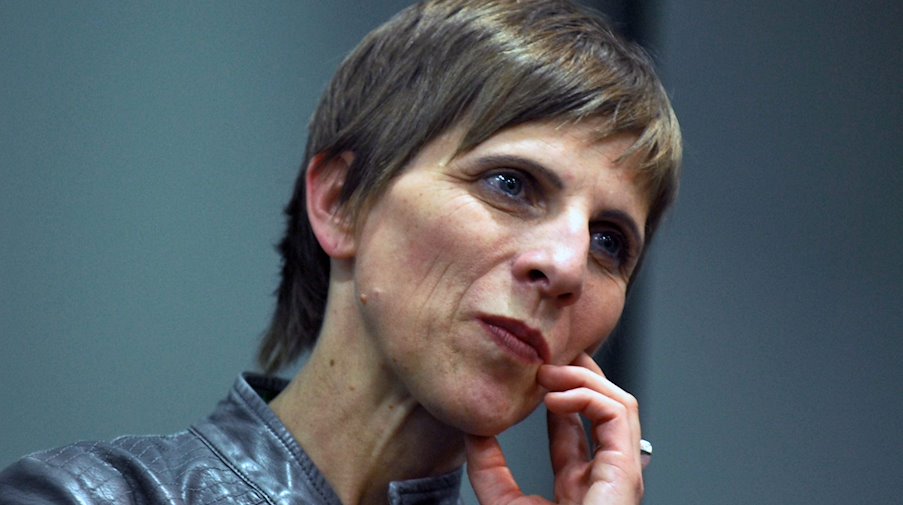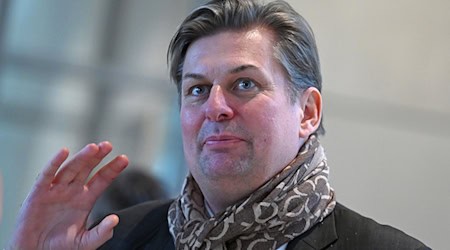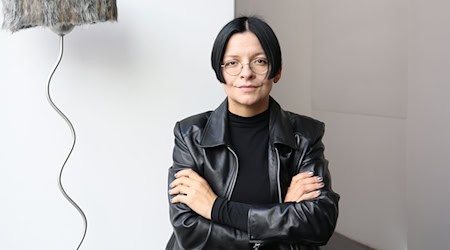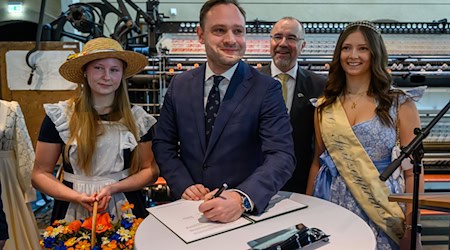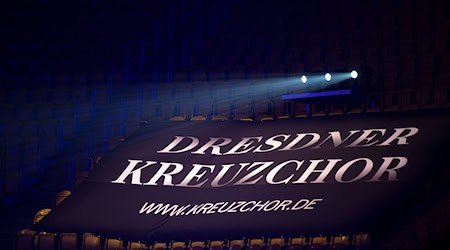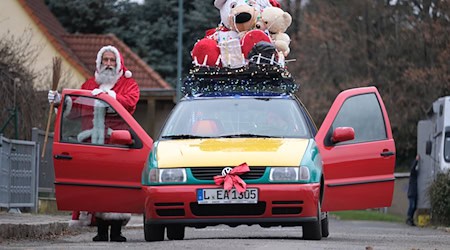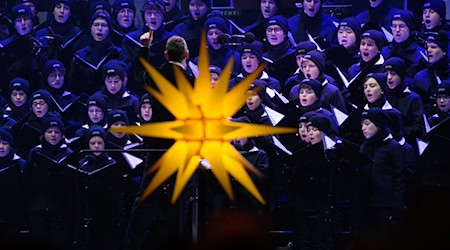In the opinion of author and filmmaker Grit Lemke, the transnational Lusatia Festival, which has been taking place since 2020, has failed to achieve its goal of reflecting the region and structural change. Following her withdrawal from the artistic festival advisory board, Lemke has now reiterated her criticism. "I'm no longer on the advisory board because it doesn't offer democratic participation on an equal footing," she told the German Press Agency. The program was presented to the members, the advisory board was allowed to make suggestions, but not to help shape it. However, this was her intention because she considers the idea of the festival important for her region, emphasizes Lemke.
Regional players lack a say in the programme
The author ("Kinder von Hoy") joins an open letter from numerous Lusatian cultural workers from the autumn with her criticism, who accuse the festival management of hardly involving the regional cultural scene. They are calling for a "genuine Lusatia Festival" and a greater say in the development of the program. "The advisory board must become a place for open discussion and active democracy," they say. Regional artists fear that the lack of anchoring of the Lusatia Festival could lead to negative political consequences. MDR Kultur and the "Sächsische Zeitung", among others, had reported.
The Lusatia Festival takes place annually as a transnational arts festival in Saxony and Brandenburg. It is intended to accompany the structural change in Lusatia. The fifth edition is set to take place at the end of August 2024. The festival will also be discussed by the State Parliament's Committee for Science, Research and Culture on 6 December.
Lausitz Festival GmbH, which was founded in April, refers to the "very specific mandate" that is linked to the funding. The federal government provides around four million euros annually with the aim of developing the festival into a leading cultural brand. According to Brigitte Faber-Schmidt, Chairwoman of the Supervisory Board, the aim is to generate supra-regional attention for Lusatia through exceptional art events with international appeal. According to the head of department at the Brandenburg Ministry of Science, the program is always created in exchange with people from the region.
Lusatia Festival does not reflect the region and its people
"The festival does not reflect Lusatia or its people. They are not reflected in it," criticizes Lemke. For example, bilingualism - the Sorbian language - falls by the wayside. The artist from Hoyerswerda takes her criticism one step further. The festival acts with a "colonial attitude" and the artistic direction is "completely westernized and male". It allows itself the "native view", says the ethnologist with a doctorate. The festival also lacks a diverse mindset.
The choice of artistic director is not transparent for those involved
In their open letter, the regional artists also criticize the lack of transparency in the appointment of the festival's artistic director. In view of the large amount of funding for which this person is responsible, this is a process that needs to be explained. The funding is taxpayers' money, which she also pays for, criticized Lemke. "I want to know what is happening with my money."
In response to a question from the Left Party parliamentary group in the state parliament, the Brandenburg Ministry of Culture stated that the idea for the Lausitz Festival and its federal funding had been largely conceived and prepared by artistic director Daniel Kühnel. His proposals and plans have been regularly reviewed by an interim artistic advisory board since 2020. A five-year contract was signed with Kühnel in April in recognition of his development work.
Copyright 2023, dpa (www.dpa.de). All rights reserved

